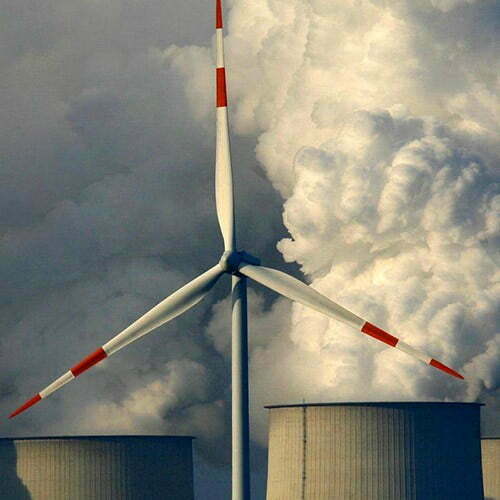
The “Geopolitics of Energy” is a comprehensive and timely course which aims to equip energy industry professionals with the knowledge and tools needed to navigate the increasingly complex geopolitical landscape of the global energy sector. Participants will leave the course with a deeper understanding of the forces shaping the future of energy and the ability to lead their organizations through the challenges and opportunities that lie ahead.
This course is ideal for professionals who need to understand the complex interplay between geopolitics and the energy sector, including:
• Senior executives in energy companies
• Government officials responsible for energy policy and international relations
• Strategic planners and risk managers in the energy industry
• Energy traders and financial analysts
• Consultants specializing in energy and geopolitics
• Researchers and academics focused on energy politics and international relations
With the twilight of globalization and the individual governments taking back control of the borders, capital, and laws to protect the economy and security, new threads to the global trade and business relationships emerge. Business leaders must be able to navigate such system complexities successfully in order to thrive.
THE COURSE WILL ENABLE THE PARTICIPANTS
WHO THE COURSE IS DESIGNED FOR:
whatever your query is, we are here to help.
simply fill out your details and submit with one click.
Alternatively please use our email below to get in touch with us.
Email: [email protected]
If you would like to request the course outline, find out the next available time slot or you have any other inquiry, please tell us more by filling up the form below.
Will be in touch with you as soon as we can.